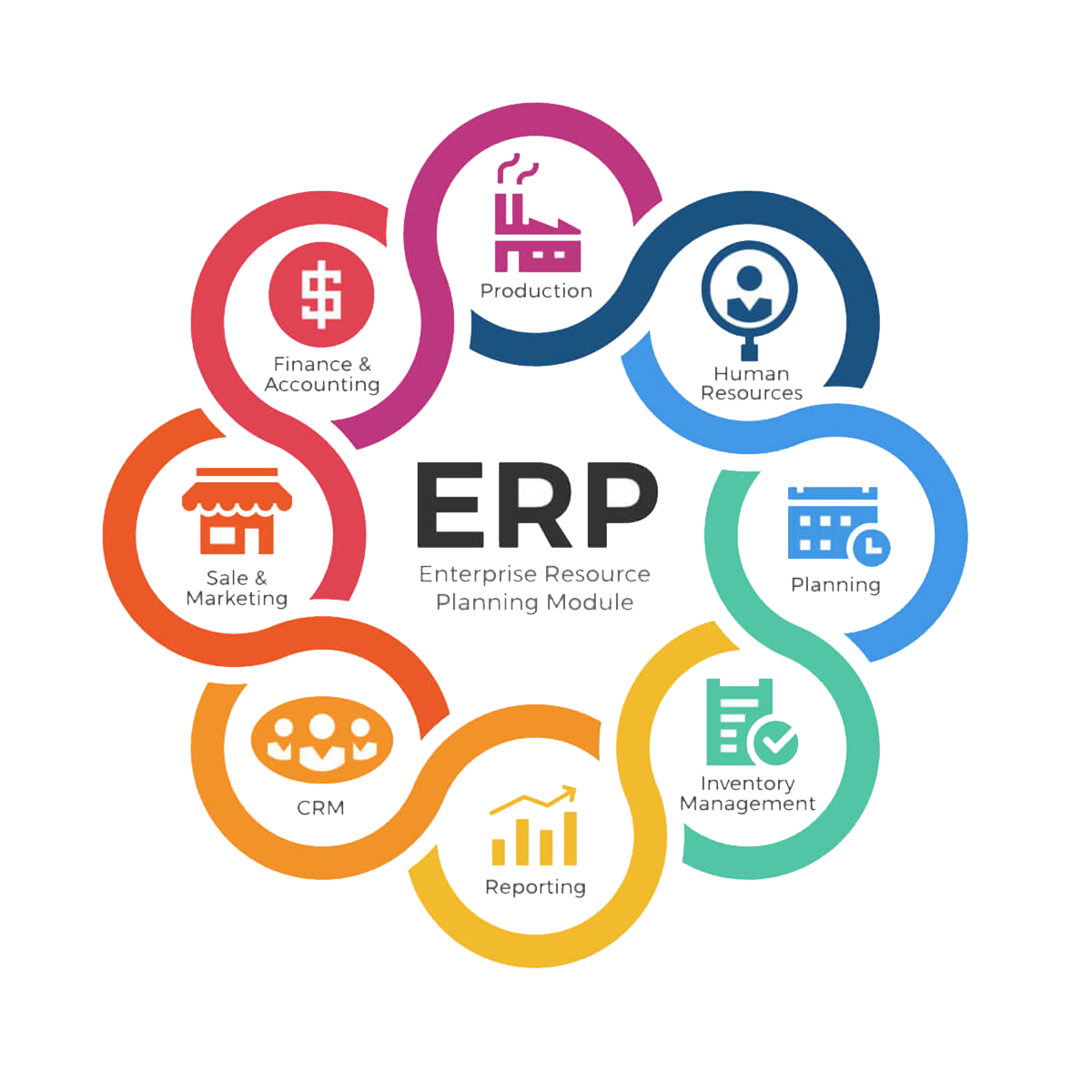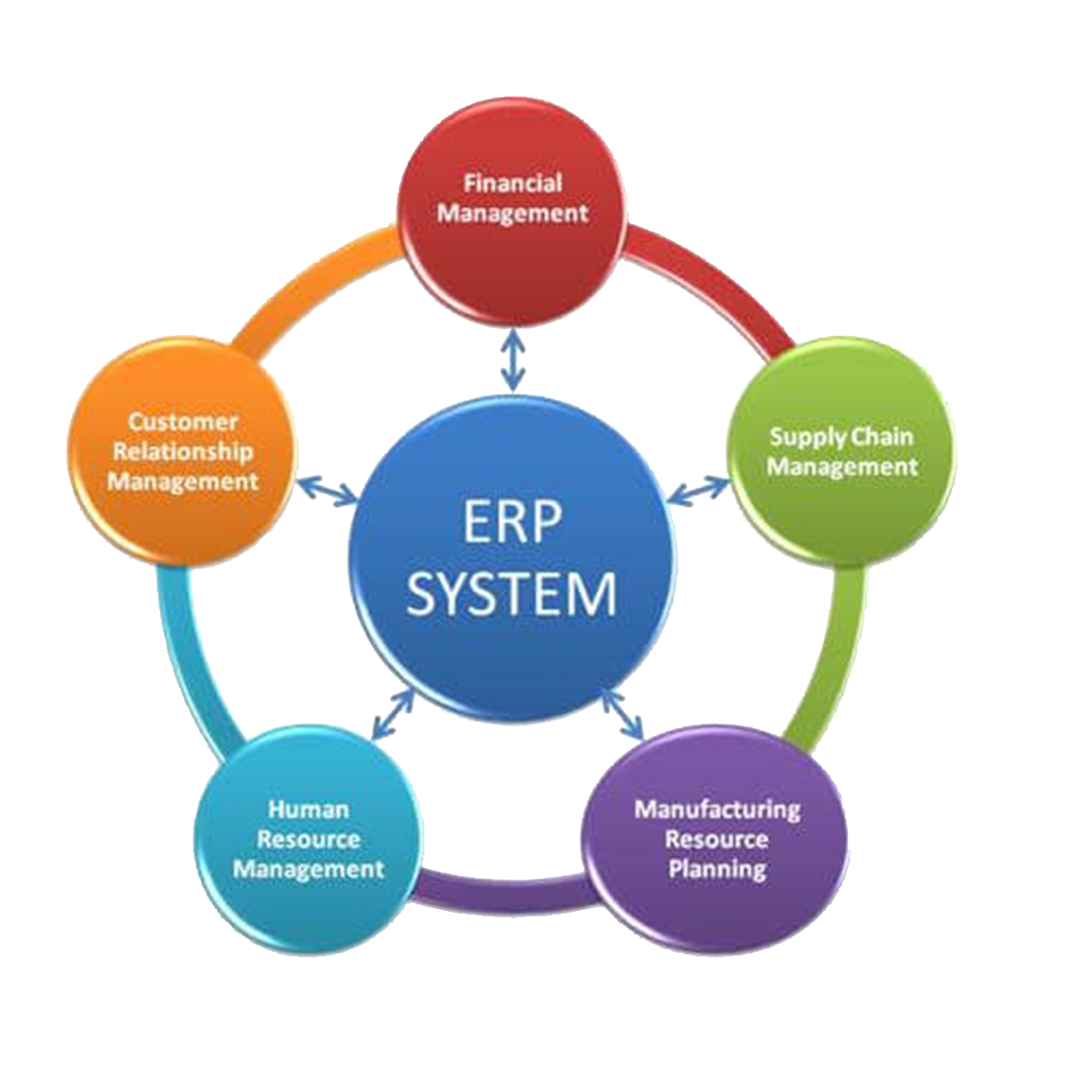Why Choose Thavertech for ERP Solutions?
Tailored to Your Business: Every business is unique, and so are its needs. Our ERP solutions are custom-built to match the specific requirements of your organization. We understand the challenges businesses face in various industries, and our ERP systems are designed to solve those problems quickly.
Seamless Integration: Thavertech's ERP solutions integrate seamlessly with your existing business systems, ensuring a smooth transition with minimal disruption to your operations.
SEO-Optimized: We don't just design beautiful websites; we design websites that work! Our SEO strategies ensure your site ranks high on search engines, driving more organic traffic your way.
Real-Time Insights: Our ERP software provides real-time data and analytics that allow you to make informed decisions faster. You can improve productivity, reduce costs, and boost profitability with insights into your business processes.
User-Friendly Interface: No need for complex training sessions! Our ERP systems come with intuitive user interfaces, making them easy to navigate and ensuring your team can get started immediately.
Scalable and Future-Proof: As one of the trusted ERP companies in Delhi NCR, we design solutions that grow with your business. Whether you're a small startup or a large enterprise, our ERP systems are scalable and adaptable to meet your evolving needs.

Key Features of Our ERP Solutions
Finance Management: Handle your accounting, budgeting, and financial reporting in one place, streamlining your financial processes.
Inventory & Supply Chain Management: Get real-time updates on stock levels, order statuses, and inventory flow, ensuring smoother logistics and better decision-making.
Human Resource Management: Manage employee data, payroll, recruitment, and performance efficiently, all through a unified system.
Sales & Order Management: Keep track of sales orders, quotations, and delivery schedules in one integrated system, optimizing your sales operations.

Our Process
Consultation & Requirement Gathering: We begin by understanding your business needs and workflows to ensure the ERP system perfectly suits your requirements.
Customization: We then tailor the ERP system to meet the specific demands of your business, from functionality to design, ensuring it's a seamless fit.
System Integration: We ensure the ERP integrates smoothly with your existing systems and data, minimizing disruption and maximizing efficiency.
Training & Support: We train your team and offer continuous support to ensure your business gets the most out of the ERP system.
Continuous Upgrades: Our team ensures that your ERP system is always up to date, with ongoing maintenance and improvements to adapt to new business challenges.

Why Thavertech is the Best ERP Company in Delhi NCR
As a leading ERP company in Delhi NCR, Thavertech combines deep technical expertise with a customer-centric approach to deliver ERP solutions that drive business growth. We are committed to ensuring your organization operates at its best by providing the tools, insights, and support you need to succeed.
Ready to take your business operations to the next level? Contact Thavertech today to discuss how our custom ERP solutions can help your business thrive!
FAQ
-
What is ERP, and how does it benefit my business?
ERP stands for Enterprise Resource Planning, a system that manages and integrates core business processes. Thavertech's ERP solutions help streamline your operations, providing real-time data insights, improving productivity, reducing costs, and enhancing decision-making across various departments such as finance, HR, inventory, and sales.
-
How customized are your ERP solutions?
Our ERP solutions are fully tailored to the specific needs of your business. We understand that each company has unique requirements, so we customize the system to fit your workflows, industry needs, and organizational goals. This ensures a perfect fit for your operations and maximizes efficiency.
-
Will your ERP solution integrate with my existing systems?
Yes! One of the key features of Thavertech's ERP solutions is seamless integration. We ensure that our ERP system integrates smoothly with your existing business tools, software, and infrastructure, minimizing disruption and ensuring business continuity.
-
Is the ERP system easy for my team to use?
Absolutely! We design our ERP systems with a user-friendly interface that's intuitive and easy to navigate. This means minimal training is required, and your team can get started with the system immediately, enhancing productivity from day one.
-
What kind of support do you provide after implementing the ERP system?
Thavertech offers continuous support even after the ERP system is implemented. We provide comprehensive training for your team, offer ongoing system upgrades, and ensure your business continues to get the most out of the ERP system through regular maintenance and troubleshooting assistance.